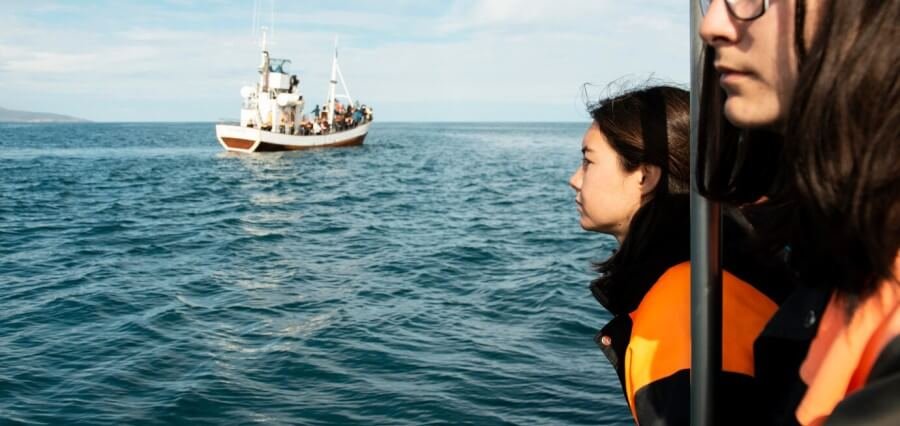Vacations are the perfect time to relax, unwind, and explore new activities, and boating often tops the list for many travelers. Whether it’s a serene sail on a lake, an adventurous day of water sports, or a luxurious cruise, boating offers a unique way to experience your vacation destination. However, like all activities, boating comes with its risks. Preventing boating accidents is crucial to ensuring your time on the water is enjoyable and safe. For more information on what to do in the event of a boating accident, and to understand your options for seeking compensation, consider consulting with a personal injury lawyer in New Haven.
Here are essential tips to keep in mind for a safe boating experience during your vacation.
Understand the Local Boating Laws and Regulations
Before you set sail, familiarize yourself with the boating laws and regulations specific to your vacation destination. Different regions may have varying requirements for boating licenses, age restrictions, safety equipment, and speed limits. Adhering to these laws not only ensures your safety but also helps avoid legal troubles.
Take a Boating Safety Course
Even if you’re an experienced boater, taking a boating safety course can be incredibly beneficial, especially when boating in unfamiliar waters. Many vacation destinations offer short courses or safety briefings that cover local hazards, weather conditions, and navigation rules. This knowledge can be vital in preventing accidents.
Conduct a Pre-Departure Checklist
Before heading out on the water, conduct a thorough pre-departure checklist. Ensure your boat is in good working condition, and check for any mechanical issues. Verify that you have all necessary safety equipment, such as life jackets, fire extinguishers, flares, and a first aid kit. Don’t forget to check the weather forecast and ensure your radio and navigation equipment are functioning properly.
Wear Life Jackets
Life jackets are a non-negotiable part of boating safety. Ensure that everyone on board has a properly fitted life jacket and wears it at all times. Even strong swimmers can encounter difficulties in open water, and life jackets can be lifesaving in case of an accident.
Avoid Alcohol Consumption
Boating under the influence is not only illegal but also extremely dangerous. Alcohol impairs judgment, balance, and coordination, significantly increasing the risk of accidents. Save the drinks for after you’re back on shore and prioritize safety while on the water.
Practice Safe Speed and Navigation
Always maintain a safe speed, especially in crowded or narrow waterways. Be aware of other boats, swimmers, and obstacles. Follow navigation rules and use charts and maps to stay on course. Slow down in areas with limited visibility and be extra cautious during adverse weather conditions.
Be Mindful of Weather Conditions
Weather can change rapidly on the water. Always check the weather forecast before departing and keep an eye on the sky while boating. If you notice dark clouds, strong winds, or sudden changes in weather, head back to shore immediately. Avoid boating in stormy or rough conditions.
Stay Hydrated and Protected from the Sun
Spending hours on the water can lead to dehydration and sunburn. Drink plenty of water, wear sunscreen, and use protective clothing and hats to shield yourself from the sun’s harmful rays. Heat exhaustion and sunstroke can impair your ability to navigate and respond to emergencies.
Know How to Swim
Basic swimming skills are essential for anyone spending time on the water. Ensure that all passengers know how to swim and understand the importance of staying calm in the water. Enroll in swimming lessons before your trip if necessary.
Create an Emergency Plan
Have a clear emergency plan in place and ensure that everyone on board knows what to do in case of an accident. This includes understanding how to use the radio for distress calls, knowing the location of safety equipment, and having a plan for reaching the shore or calling for help.
Boating can be a highlight of your vacation, offering unforgettable experiences and a unique way to explore your destination. By following these safety tips, you can significantly reduce the risk of accidents and ensure that your time on the water is enjoyable and safe. Remember, safety should always be your top priority.
If an unfortunate incident does occur, it’s crucial to know your rights and seek proper legal assistance. Stay safe, enjoy your boating adventures, and make the most of your vacation!














